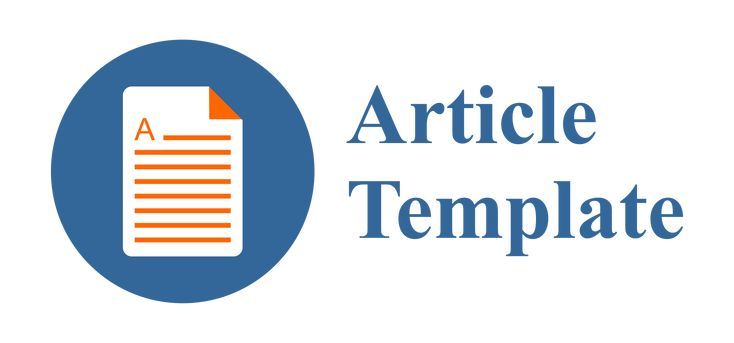KEEFEKTIFAN STRATEGI BERPIKIR BERBICARA MENULIS DALAM PEMBELAJARAN MENULIS TEKS CERITA PENDEK PADA KELAS VII SMPN 14 YOGYAKARTA KOTA YOGYAKARTA
Abstract
The goals of this research are: (1) to identify whether there is a
significant difference in short story writing between the students who adopt
THINK TALK WRITE learning strategy and those who do not; (2) to identify the
effectiveness of THINK TALK WRITE learning strategy in the teaching of short
story writing.
This quantitative research use quasi-experiment and the design of this
research is control group pre-test post-test design. The research variables are
independent variable which is THINK TALK WRITE learning strategy and
dependent variable which are the skills of writing short story text. Students of
SMPN 14 Yogyakarta 7th class are the population of this study. While the samples
which are chosen by random sampling are 7th class, the experiment group And
VII D, the control group. The data collection technique of this research is using a
test which is test of writing short story text. The validity instrument used in this
research is the content validity which is then judged by the expert. The data
analysis of this research is t-test with 5% significant level. Yet, the data analysis
is conducted after the normality and homogeneity tests are conducted.
The results of the study are: (1) there is a significant difference in
suggestive narrative writing between the students who adopt THINK TALK
WRITE learning strategy and those who do not, (2) THINK TALK WRITE
learning strategy is effective for the teaching and learning of short story writing.
This is proved by the t-test result on the post-test data from both groups,
experiment and control group. The post-test data are th -.338 with the df score is
33 and p score is 0,000 (p < 0, 05). The result of the calculation using t-test of the
pre-test and post-test data from the experiment group is th 4,338 with the df score
is 66 and p score is 0,000 (p < 0,05).
According to t-test results, inferential that (1) there are significant
differences skill of writing skill of short story between of students that learn with
THINK TALK WRITE strategy and students that learn without THINK TALK
WRITE strategy, (2) THINK TALK WRITE proved used in writing short story of
7th class SMPN 14 Yogyakarta, Yogyakarta City
significant difference in short story writing between the students who adopt
THINK TALK WRITE learning strategy and those who do not; (2) to identify the
effectiveness of THINK TALK WRITE learning strategy in the teaching of short
story writing.
This quantitative research use quasi-experiment and the design of this
research is control group pre-test post-test design. The research variables are
independent variable which is THINK TALK WRITE learning strategy and
dependent variable which are the skills of writing short story text. Students of
SMPN 14 Yogyakarta 7th class are the population of this study. While the samples
which are chosen by random sampling are 7th class, the experiment group And
VII D, the control group. The data collection technique of this research is using a
test which is test of writing short story text. The validity instrument used in this
research is the content validity which is then judged by the expert. The data
analysis of this research is t-test with 5% significant level. Yet, the data analysis
is conducted after the normality and homogeneity tests are conducted.
The results of the study are: (1) there is a significant difference in
suggestive narrative writing between the students who adopt THINK TALK
WRITE learning strategy and those who do not, (2) THINK TALK WRITE
learning strategy is effective for the teaching and learning of short story writing.
This is proved by the t-test result on the post-test data from both groups,
experiment and control group. The post-test data are th -.338 with the df score is
33 and p score is 0,000 (p < 0, 05). The result of the calculation using t-test of the
pre-test and post-test data from the experiment group is th 4,338 with the df score
is 66 and p score is 0,000 (p < 0,05).
According to t-test results, inferential that (1) there are significant
differences skill of writing skill of short story between of students that learn with
THINK TALK WRITE strategy and students that learn without THINK TALK
WRITE strategy, (2) THINK TALK WRITE proved used in writing short story of
7th class SMPN 14 Yogyakarta, Yogyakarta City
Full Text:
PDFRefbacks
- There are currently no refbacks.

